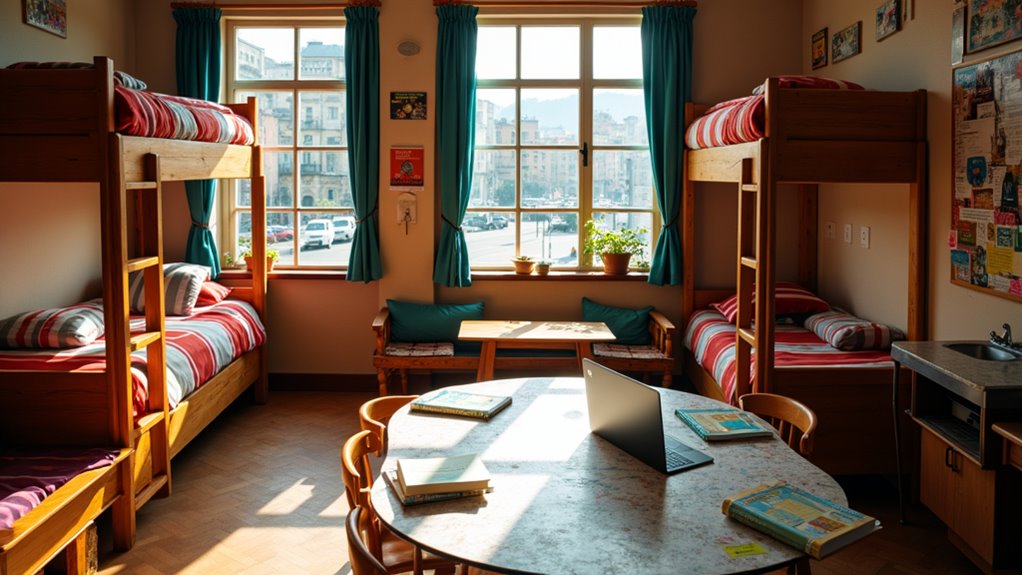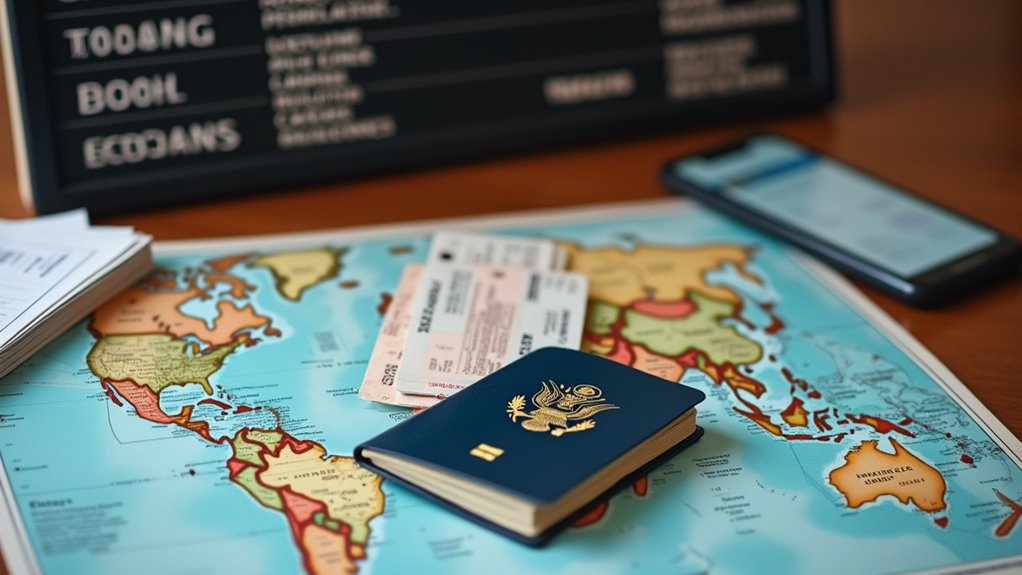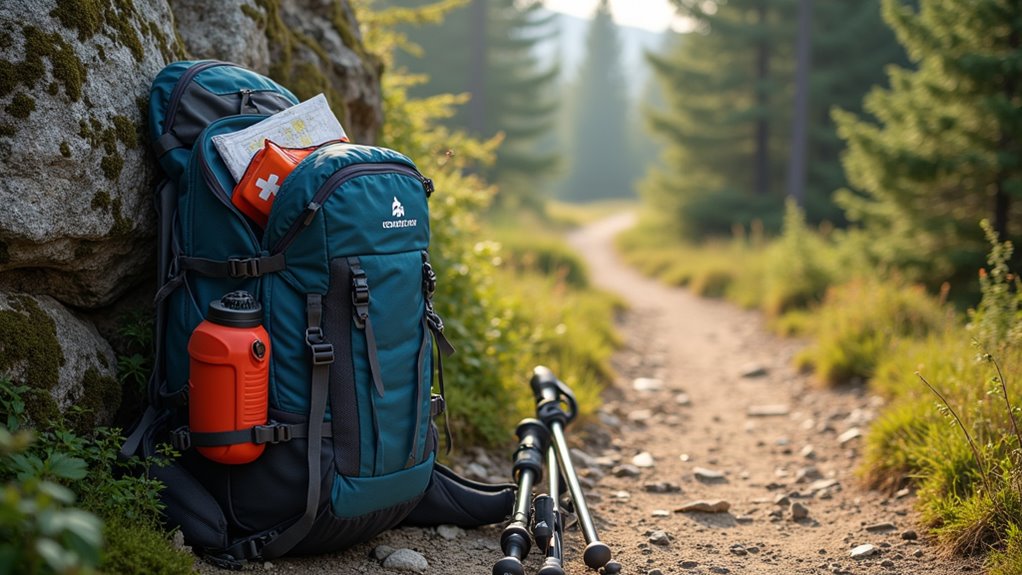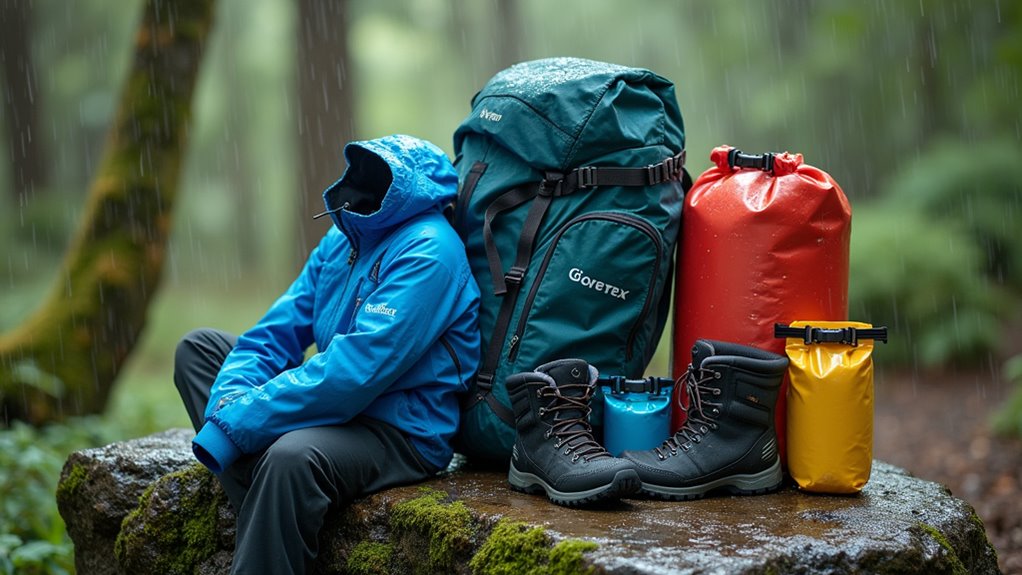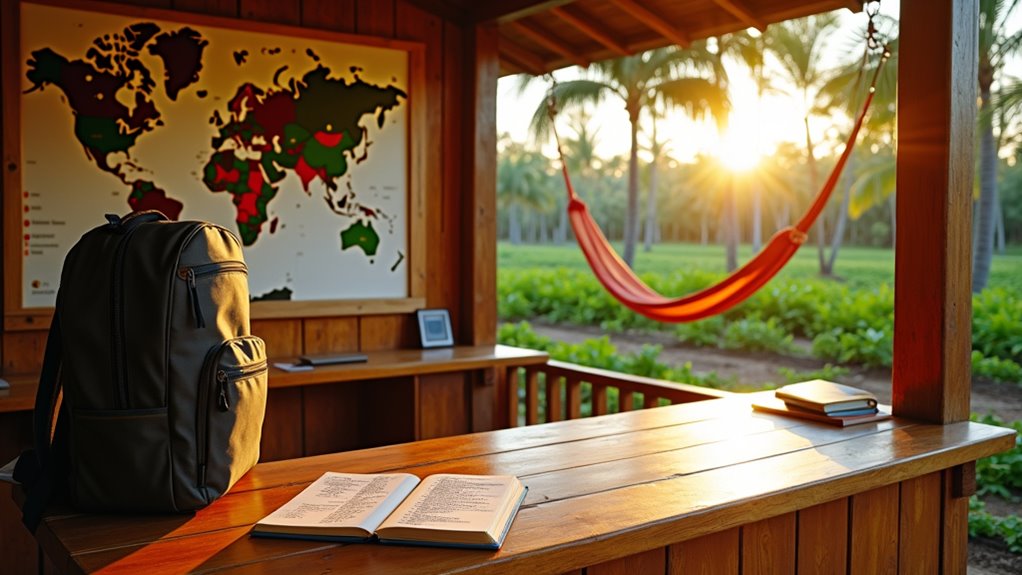You’ll find hostels for backpacker travel in nearly every major city or adventure destination worldwide, often in central urban areas or close to outdoor attractions. Booking sites like Hostelworld, Booking.com, and Airbnb make it easy to compare dormitory rooms, private options, guest ratings, and amenities. Most hostels cater to both solo travelers and groups, providing secure, affordable lodging and communal spaces. If you want details on features, booking strategies, and hostel trends, there’s more information just ahead.
Although traditional hotels remain a common choice for travelers, hostels have become increasingly popular among backpackers seeking affordable and flexible accommodation. When you start searching for hostels, you’ll notice they’re often located in urban centers, close to major transportation hubs, or situated near adventure destinations like hiking trails and beaches. This strategic placement allows you to maximize your experience, whether you want to explore a city’s landmarks or begin outdoor activities.
Hostel ratings on booking sites like Hostelworld can be a helpful guide—aim for properties rated above 7.0 to ensure a good experience. Hostel-specific apps and online platforms like Hostelworld make it easy to compare reviews, check real-time availability, and book a bed or private room before you arrive. The global hostel market was valued at $7.21 billion in 2023, reflecting the widespread demand and growth of this accommodation style.
Most hostels offer dormitory-style rooms, with bunk beds accommodating anywhere from four to twenty guests per room. You can choose between mixed or single-sex dorms, depending on your comfort level. Some modern hostels provide custom sleeping pods with USB chargers and reading lights, offering extra privacy and convenience. If you prefer more solitude, private rooms are available at a higher cost, though still 30–50% cheaper than comparable hotel rooms.
Dorm-style rooms, private pods, or budget private suites—hostels offer flexible, affordable options for every traveler’s comfort and privacy preferences.
Shared bathrooms are standard, often designed to handle larger groups efficiently, and lockers are provided for valuables, though you may need your own padlock.
Amenities in hostels typically include free WiFi, common areas with kitchens or game zones, and breakfast options like toast, fruit, and coffee. Additional services, such as laundry facilities, bicycle rentals, and tour bookings, are usually available at reception, sometimes for extra fees.
You’ll also find that hostels foster a social atmosphere, with group activities like city tours, language classes, and pub crawls encouraging interaction among guests. Common rooms and on-site bars further promote socializing, making hostels particularly appealing to solo travelers and digital nomads. The sense of community that develops in hostels is one of their greatest assets, allowing travelers to exchange tips and sometimes form friendships that last well beyond their stay.
Seasonal pricing fluctuations are common, especially in popular destinations, so booking ahead is advisable. Hostels maintain security through lockers, 24/7 reception at many locations, and various gender policies in dormitories.
Despite a youth-oriented image, you’ll encounter guests of all ages. Trends now include eco-hostels and premium properties, broadening options for sustainability-focused and comfort-seeking travelers.
